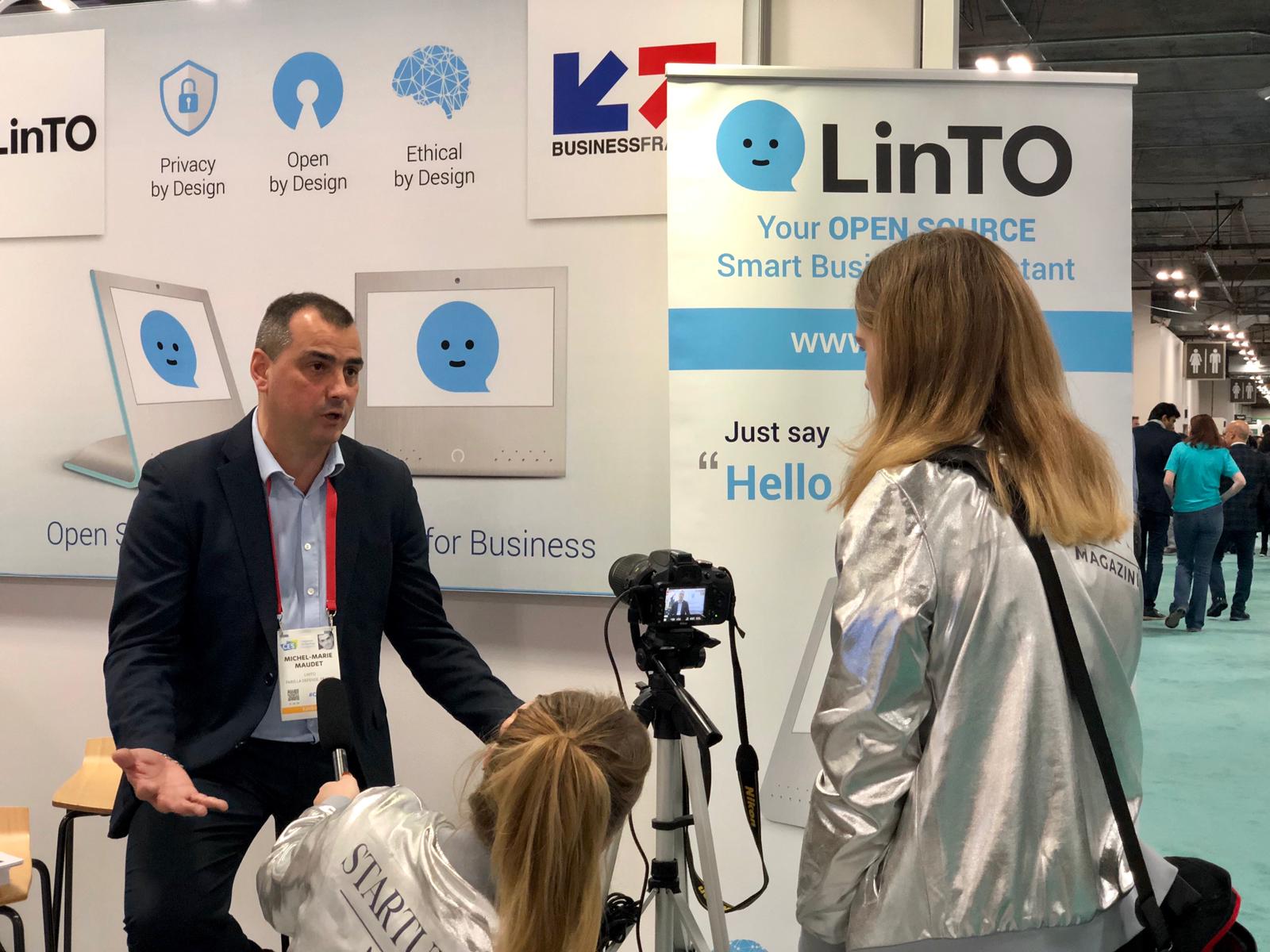Meet the co-founder of Musemio
Kaitlin, along with her female co-founder, wants to make arts and cultural education fun for the kids of today. Musemio blends digital and physical learning that bridges culture with curriculum. We met Kaitlin at our workshop with Startups Magazine and Mac&Moore and we’re excited where Musemio goes next to make cultural learning accessible and immersive.
Did you have a female role model or someone you admired as a kid?
I think for me my number one role models have been in my family. I have always been surrounded by professional, driven women since a young age. My mum, first and foremost, went back to university in her 40s to follow her passion and become a teacher. There is no age limit on dreaming! I’m also the youngest of 4 siblings, and my sisters have become really successful in law and medicine.
How do you think your early years have influenced what you do today?
In those early years I didn’t realise how the dots linked together until looking back on it all. As a kid, I was painting before I was writing. I had a creative spark but didn’t know how to harness that. I was the kid saying to my parents, “I’m gonna save the world!”. Now I have honed my creativity and love for the arts and am seeing tangible results from these passions colliding.
What was the spark in which Musemio was born?
It wasn’t my spark but that of my co-founder Olga who had the idea for Musemio for 2 years. We met at a University of London-wide marketing hackathon programme. It was a serendipitous moment - she wanted to make museums more interactive, whilst I wanted to make the arts more accessible. We swirled the ideas together, and Musemio was born. For forever, I’ve had a passion, and I didn’t know how to do it. Meeting Olga changed it all. She’s got a background in arts management and the technical know-how that I didn’t have to make it a reality.
What has been your most exciting milestone so far?
For me, it was the findings from a big piece of research we did with the UCL Educate and xEdu in which we tested 3,000 kids over the course of 6 months. We visited schools across the UK - at one point we saw 400 kids in one day! - and across the spectrum, from those with different backgrounds, learning abilities and ethnicities. The reaction to Musemio from the children was so encouraging. They were genuinely excited and interested to learn and tugging on their parents’ arms to get them to sign up to Musemio.
Musemio’s ambition is to make cultural education accessible to every child. That’s no mean feat. How are you taking the steps to reach so many children?
We’ve partnered with Bethnal Green Ventures because although we’re a commercial entity, we have a social mission to work with museums and charities, as well as create access to all with a set of free levels. We have worked with children in London who have never even stepped foot in institutions like the British Museum, and we think that needs to change. We’re eager to help bridge this gap to knowledge and access for children.
What has surprised you most about building Musemio?
There are both good and bad surprises. The best is seeing your ideas come to fruition in a way you didn’t think was possible. Things change so quickly and getting the recognition from universities and outlets has been amazing, as has the reaction from kids, who are definitely our harshest critics. When you are in the tech space though, there are so many bugs and glitches you have to deal with. Entrepreneurship is the road of surprises!
What have been the essential factors that have enabled you to get to where you are today that you think you'd struggle without?
Our mentor support has been incredible. We’re connected to women in business and industry specific experts in the arts and education sectors, who have paved the way for us. Our universities have helped accelerate us, and it’s been necessary as two foreign women in London. Our mentors provide a non-judgemental, supportive space for us to learn and grow.
What do you think is missing from businesses in building true diversity?
I actually gave a talk about this the other day to university students! People don’t realise diversity is so critical. The world doesn’t need another you on its team, but teams need people with a variety of skills and backgrounds to strengthen and challenge ideas and solutions. I’ve been lucky enough to have been a judge on different entrepreneurship schemes and competitions, and unfortunately teams still look the same. People have to recognize the benefits of diversity and apply this on their teams.
Who's a woman to watch or someone you admire in 2019?
I think Marie Forleo, founder of B-School and author of book Figureoutable, is up there as someone making huge strides in being honest in business. Also, there are so many women in the London enterprise network worth mentioning, but if I listed anyone I’d be leaving out plenty more. I admire the startups coming out of London universities from diverse backgrounds tackling issues like women’s health, educational equity, and new financial solutions. More and more women are getting vocal about entrepreneurship and bringing forth new directions with their visions.
Check out what Musemio is doing right now on Twitter and Facebook.


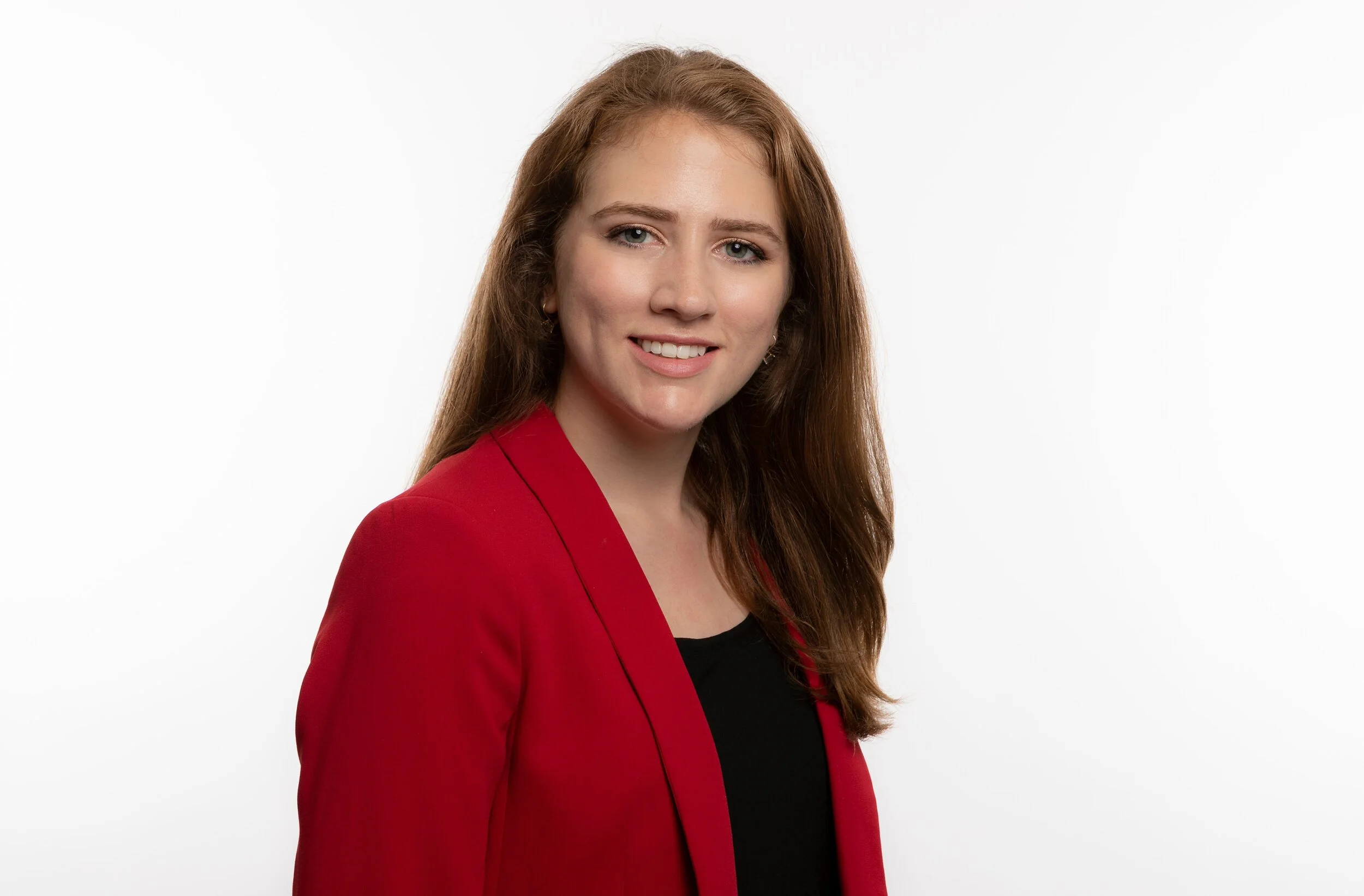


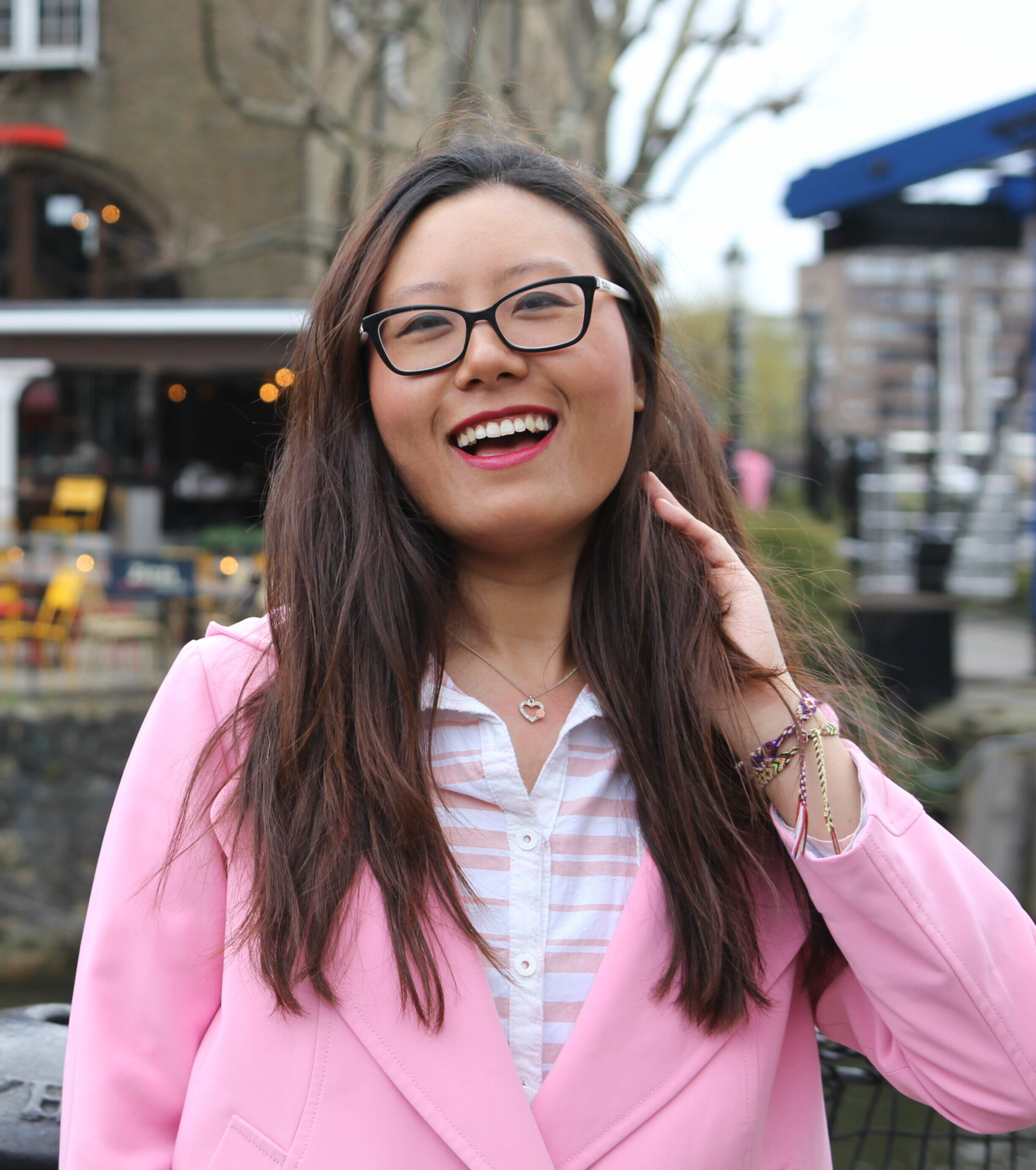

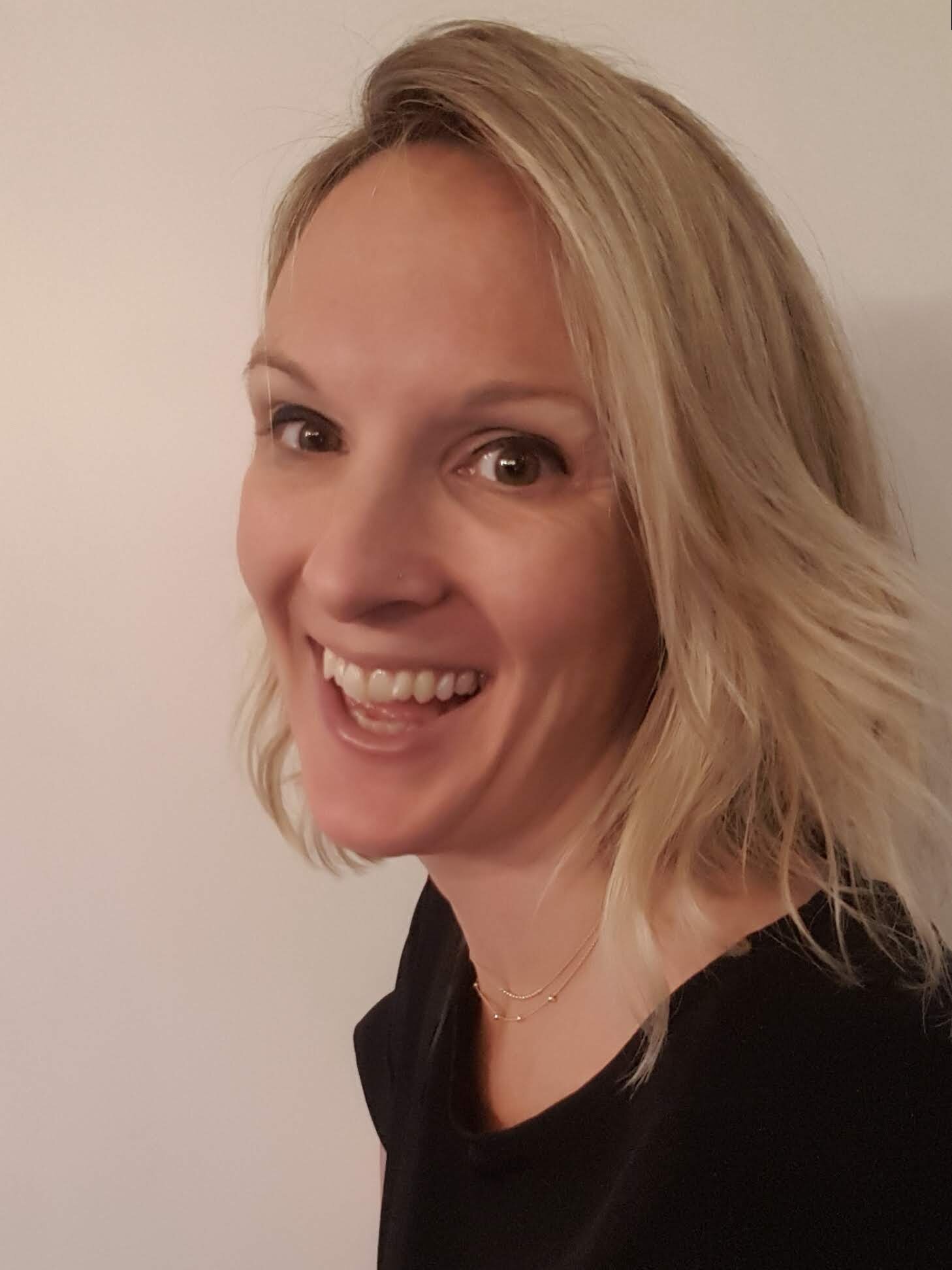

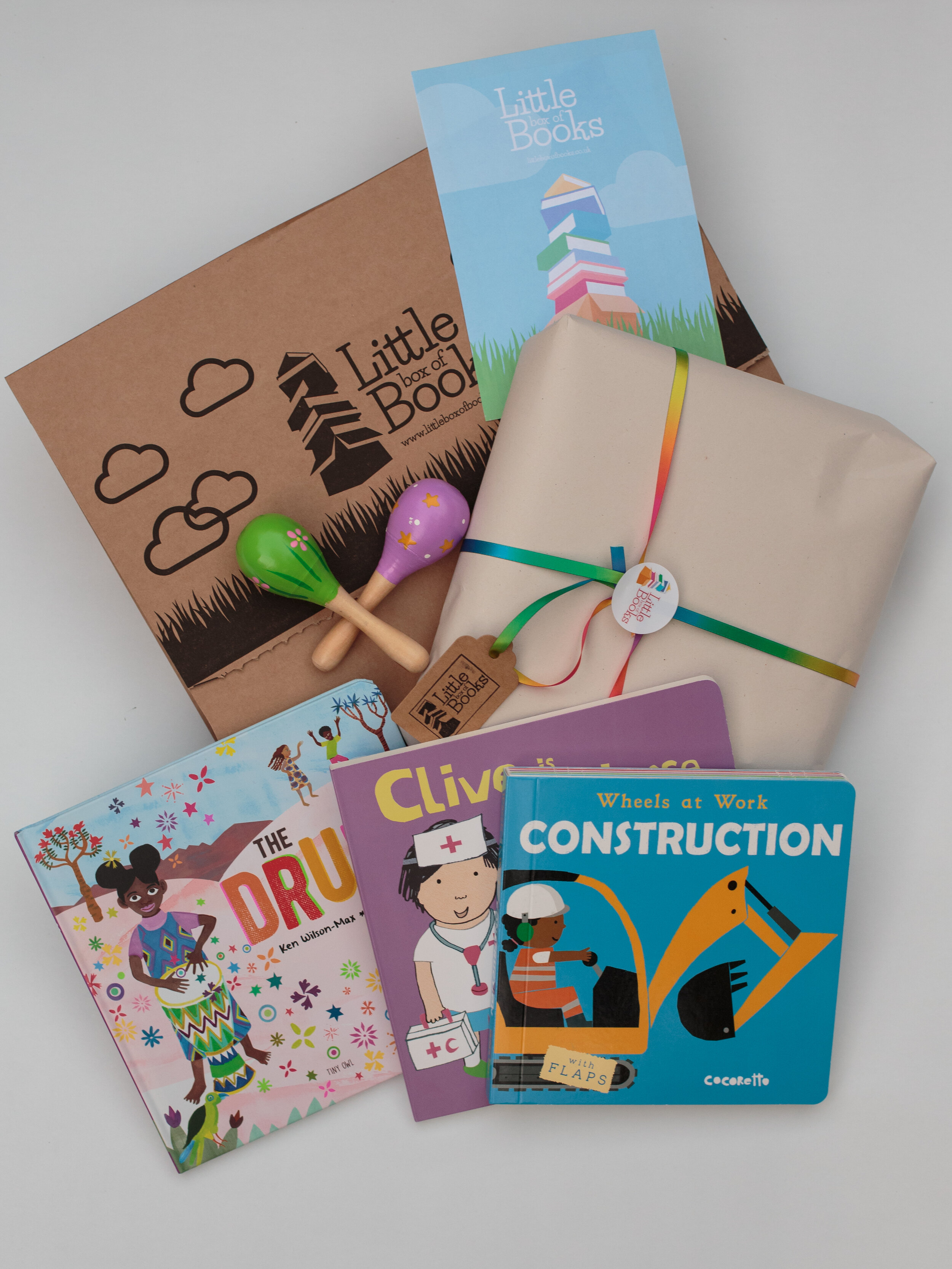


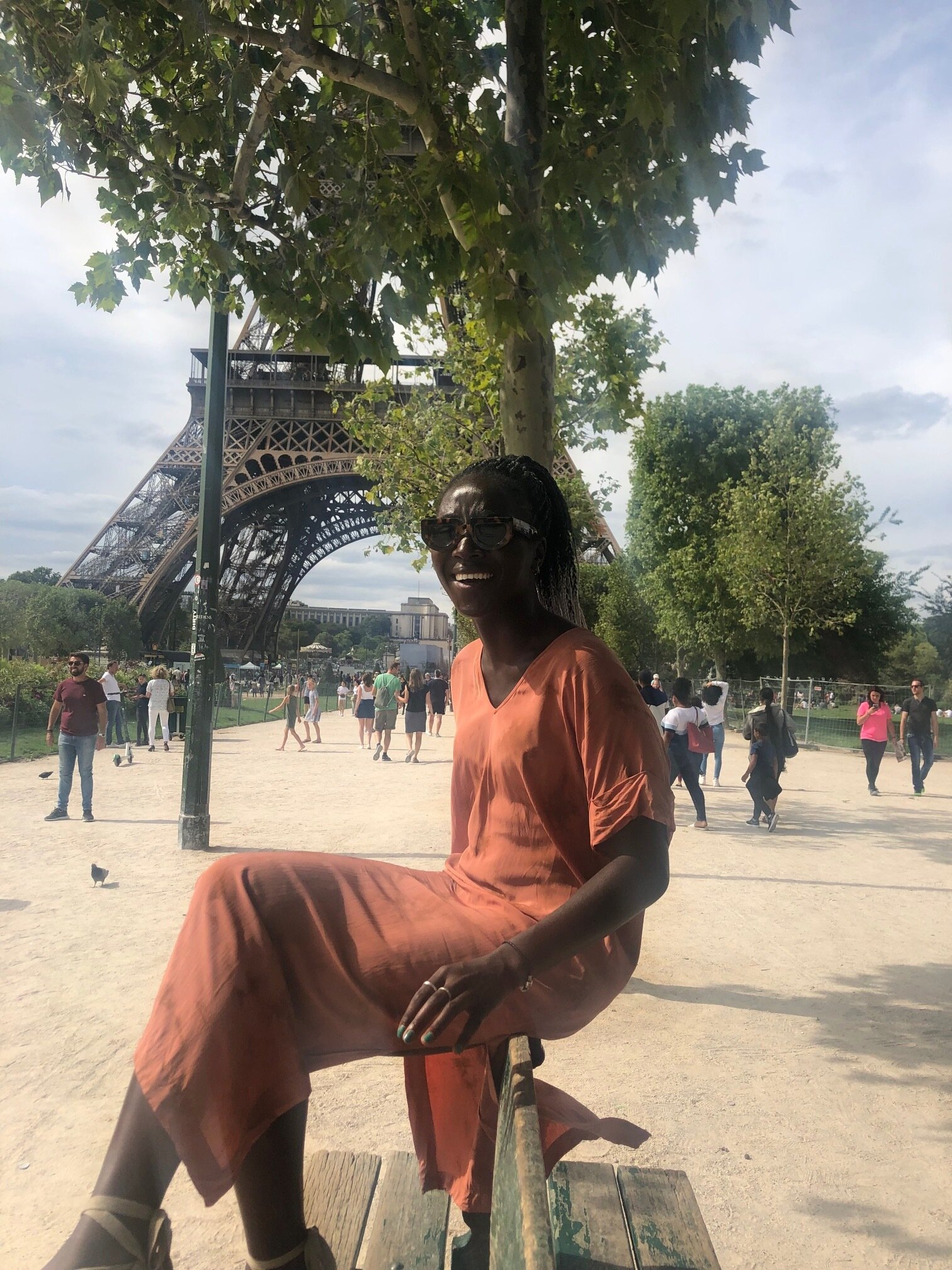








![Me].jpg](https://images.squarespace-cdn.com/content/v1/5886fa35ff7c50ca414ef336/1562071830482-AE71L5NXXANGQ83OGOOG/Me%5D.jpg)
